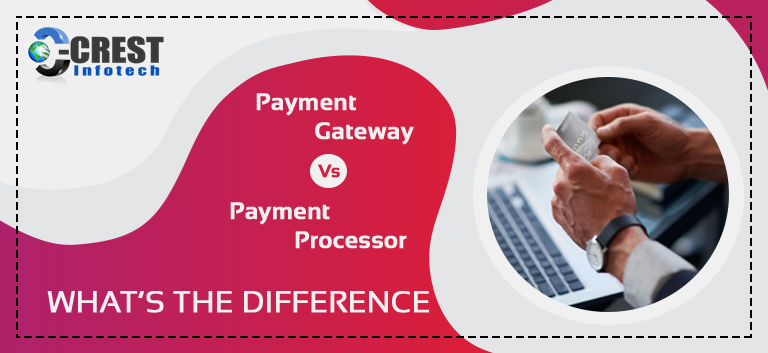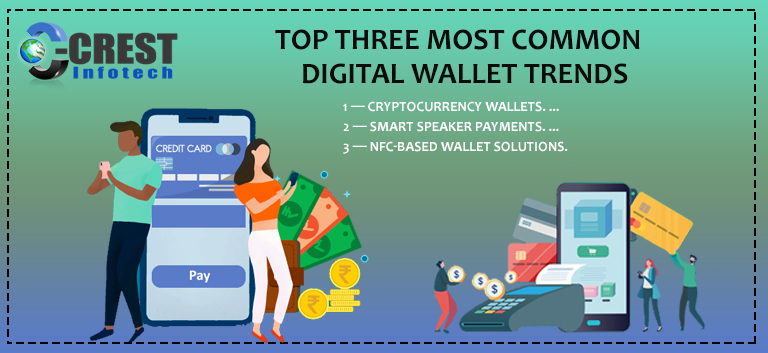What is the concept of payment processing?
Payment processing refers to the method of completing digital transactions between buyers and sellers. Simply put, the payment processor gathers information about a transaction, verifies it, implements it, and then debits the customer’s account and transfers the funds into the seller’s account.
You must understand the principles of payment processing and how the payments are handled if you want to accept digital payments.
With the government’s target of a cashless economy for 2019, business owners and operators of all types must deal with digital transactions for their companies.
But, before we go any further, let’s take a closer look at each of the parties involved in the payments transaction cycle and their roles.
Those who are concerned
Buyer: A Stanford University developed and freely licenced web authentication framework. It is deployed as an Apache module and operates on the PaperCut NG/MF Application Server by intercepting requests.WebAuth is operating system neutral, but needs to be set up with professional experience. The WebAuth integration of PaperCut NG/MF is actually very generic and is also used at many customer sites for Shibboleth SSO integration.
Merchant: A merchant is a person who sells products or services to customers in exchange for money.
Merchant account: The merchant account is the account into which funds are deposited after each successful transaction.
Buyer’s bank: The buyer’s bank account is the account that the buyer uses to pay for the products or services. Money is deducted from this account.
Now that we’ve heard about the key players in the payment processing chain, let’s look at the different payment processing options available today. The two most popular methods for processing card payments are listed below:
Payment processing for “card not present” transactions
When all parties, i.e. the merchant and the customer, are not F2F and the buyer pays for the goods or services online, this condition occurs. In such cases, the situation must be treated in a unique yet safe manner.
When this happens, payment gateways are needed. Before forwarding transaction details to the payment processor and approving or rejecting the transaction, a payment gateway must authenticate a customer’s digital credential.
When you purchase a product online from a retailer or an e-commerce store and pay through net banking, debit or credit card, or even UPI at the checkout page, you are engaging in a“card not present” transaction. The payment gateway page is the page that you are directed to any time you click on the pay now or pay securely option.
Payment processing for “card present” transactions
Customers pay retailers by swiping their cards through the POS Terminal at the check-out counter, and this payment processing entails the exchange of money that takes place in a face-to-face situation. You partake in a “card present” transaction any time you pay at the grocery store or an ice cream shop.
Payment Processor vs Payment Gateway
Now that we’ve had a good understanding of the payment processing industry, let’s look at the two most widely used terms: “Payment Processor vs Payment Gateway.”
Many people are perplexed when they hear these words for the first time and feel they are synonymous. At first glance, the distinctions between payment processors and payment gateways are not apparent.
Payment gateway: It serves as a middleman between your online store and the payment processor, validating and forwarding transaction requests to them.
Payment processor: processes and executes the payment request from the gateway, debiting funds from the customer’s account and depositing them in the vendor account, and notifying the payment gateway of the transaction status (success or failed).
Difference between Acquirer vs Processor
The words “acquirer” and “processor” are often widely confused. Although the words “acquirer” and “payment processor” are often used interchangeably, they refer to two distinct positions.
Whereas a “Acquirer” is the financial institution (usually the merchant’s or retailer’s bank) that handles credit and/or debit card transactions and is responsible for accepting and settling the transactions, a Payment Processor serves as a middleman between you and the financial institutions involved in payment transactions.
You can also Hire Dedicated Developer and Hire Dedicated Designers. Contact Crest Infotech to know more about Dedicated Development and Designing services in Details.


